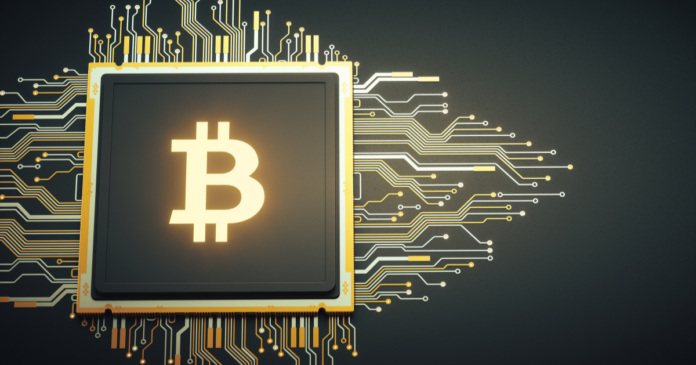Recent developments in the crypto-mining landscape have sparked a debate surrounding the exclusion of transactions with ordinals and BRC-20 tokens by a newly formed mining pool.
Is this a case of censorship, or is it a demonstration of freedom of choice within the crypto ecosystem? Let’s discover more about Ocean’s Mining Pools.
The Birth of the Exclusive Mining Pool
In a surprising turn of events, a new mining pool has emerged with a distinctive approach. It chooses not to include transactions with ordinals and BRC-20 tokens in the blocks it mines. This departure from the standard mining protocol has ignited a polarizing conversation within the cryptocurrency community. Raising questions about the implications of censorship and individual choice.
I can confirm that Ocean is no longer including inscriptions in their block templates https://t.co/wqPHwZSQ8j pic.twitter.com/JQlhuY79a0
— mononaut (tx/acc) (@mononautical) December 6, 2023
On one side of the debate, critics argue that the mining pool’s exclusion of specific transactions amounts to censorship. In a decentralized ecosystem that values openness and neutrality, deliberately omitting certain transactions raises concerns about the integrity of the blockchain. Critics argue that this selective mining approach undermines the fundamental principles of cryptocurrency. These are inclusivity, transparency, and equal treatment for all transactions.
On the other hand, proponents of the mining pool’s strategy frame it as an exercise of freedom of choice. This means that mining pools should have the autonomy to decide which transactions to include in their blocks. This perspective argues that the exclusion is not a form of censorship but a manifestation of the free-market principles that underpin many cryptocurrencies.
The Case for Exclusion
The mining pool’s decision to exclude ordinals and BRC-20 tokens from its mined blocks may be rooted in various factors. Some argue that it could be a response to concerns about the potential misuse of certain transactions. By selectively omitting them, the mining pool may seek to mitigate risks and ensure the security and stability of the blockchain.
They do still allow op_returns under ~40 bytes, so Runes are unaffected for nowhttps://t.co/no4gAhFNzm
— mononaut (tx/acc) (@mononautical) December 6, 2023
Additionally, proponents of exclusion may argue that this strategy fosters a more efficient mining process. So, the mining pool may optimize its resources and enhance the overall performance of its mining operations. This perspective aligns with the idea that decentralized networks benefit from diverse approaches to mining. Allowing for experimentation and innovation within the crypto ecosystem.
Conclusion
The emergence of a mining pool excluding transactions with ordinals and BRC-20 tokens has injected a new dimension into the ongoing discourse surrounding censorship and freedom of choice in the cryptocurrency realm. As the crypto community navigates this uncharted territory, the conversation serves as a reminder of the delicate balance required to maintain the integrity and ideals of decentralized networks.
Whether this exclusionary approach represents a concerning form of censorship or an expression of individual choice, it underscores the need for continued dialogue and collaboration to shape the future of blockchain technology in a manner that aligns with its foundational principles.
Disclaimer
The information discussed by Altcoin Buzz is not financial advice. This is for educational, entertainment, and informational purposes only. Any information or strategies are thoughts and opinions relevant to the accepted levels of risk tolerance of the writer/reviewers and their risk tolerance may be different than yours. We are not responsible for any losses that you may incur as a result of any investments directly or indirectly related to the information provided. Bitcoin and other cryptocurrencies are high-risk investments so please do your due diligence. Copyright Altcoin Buzz Pte Ltd.





























